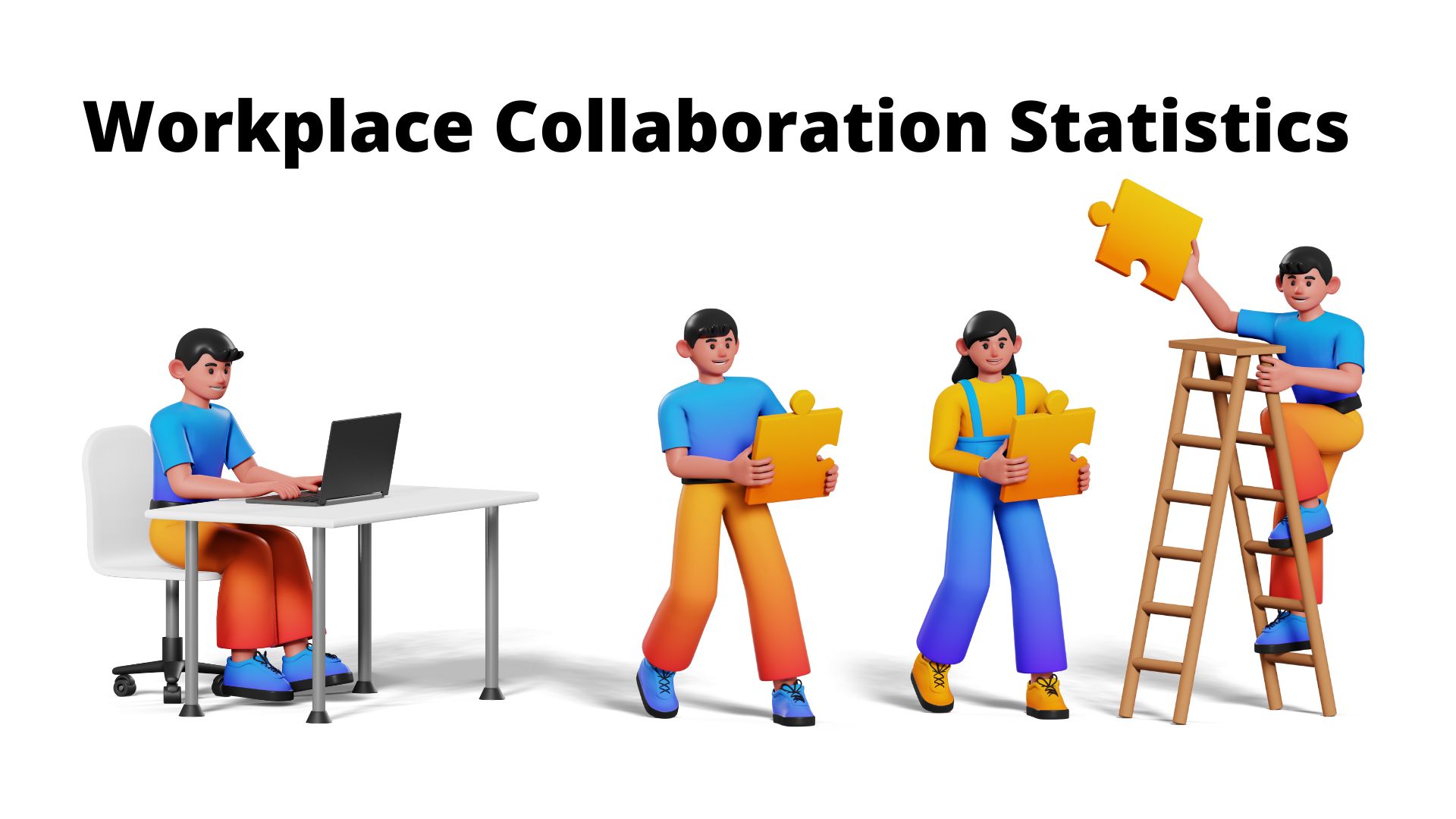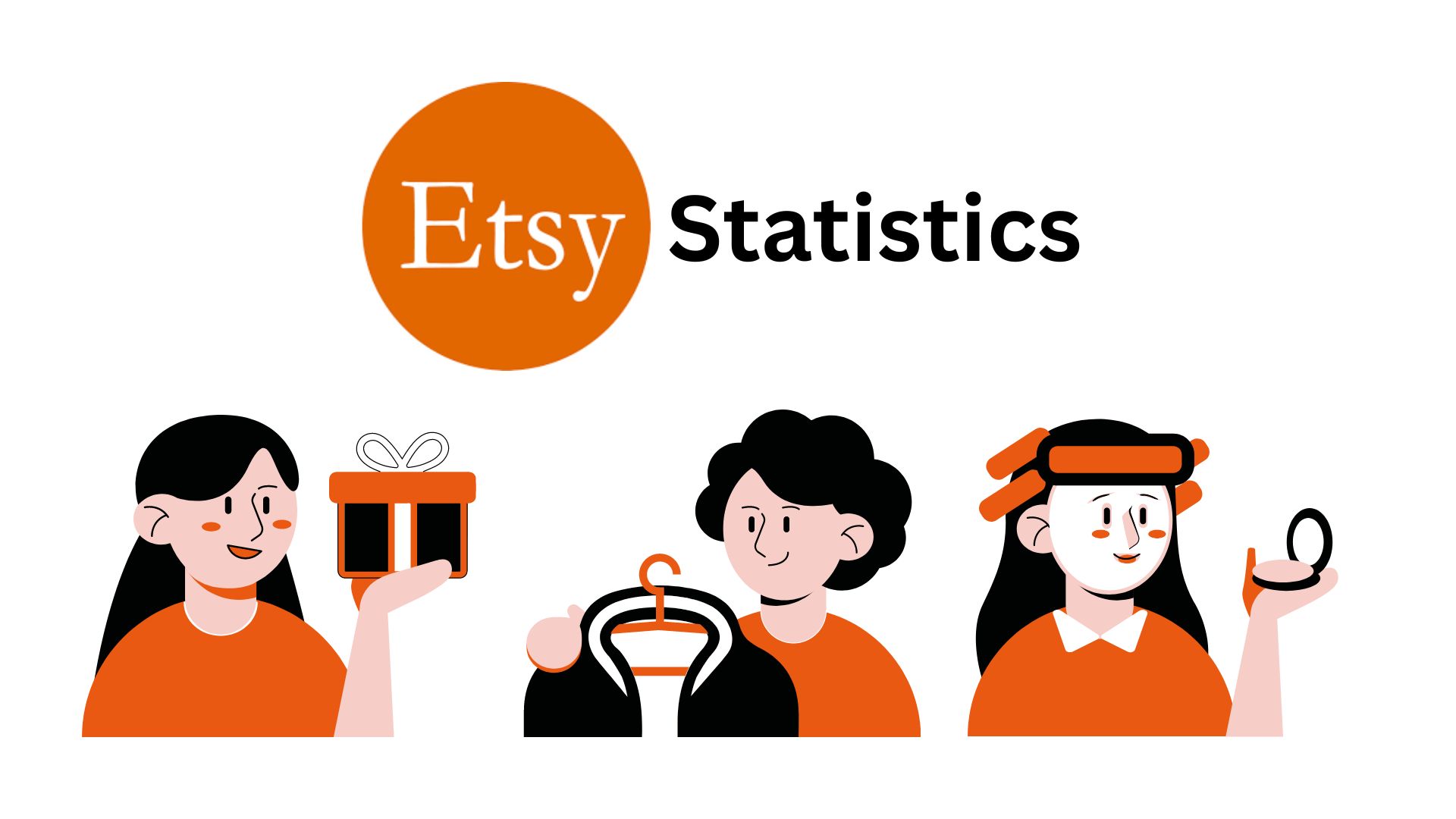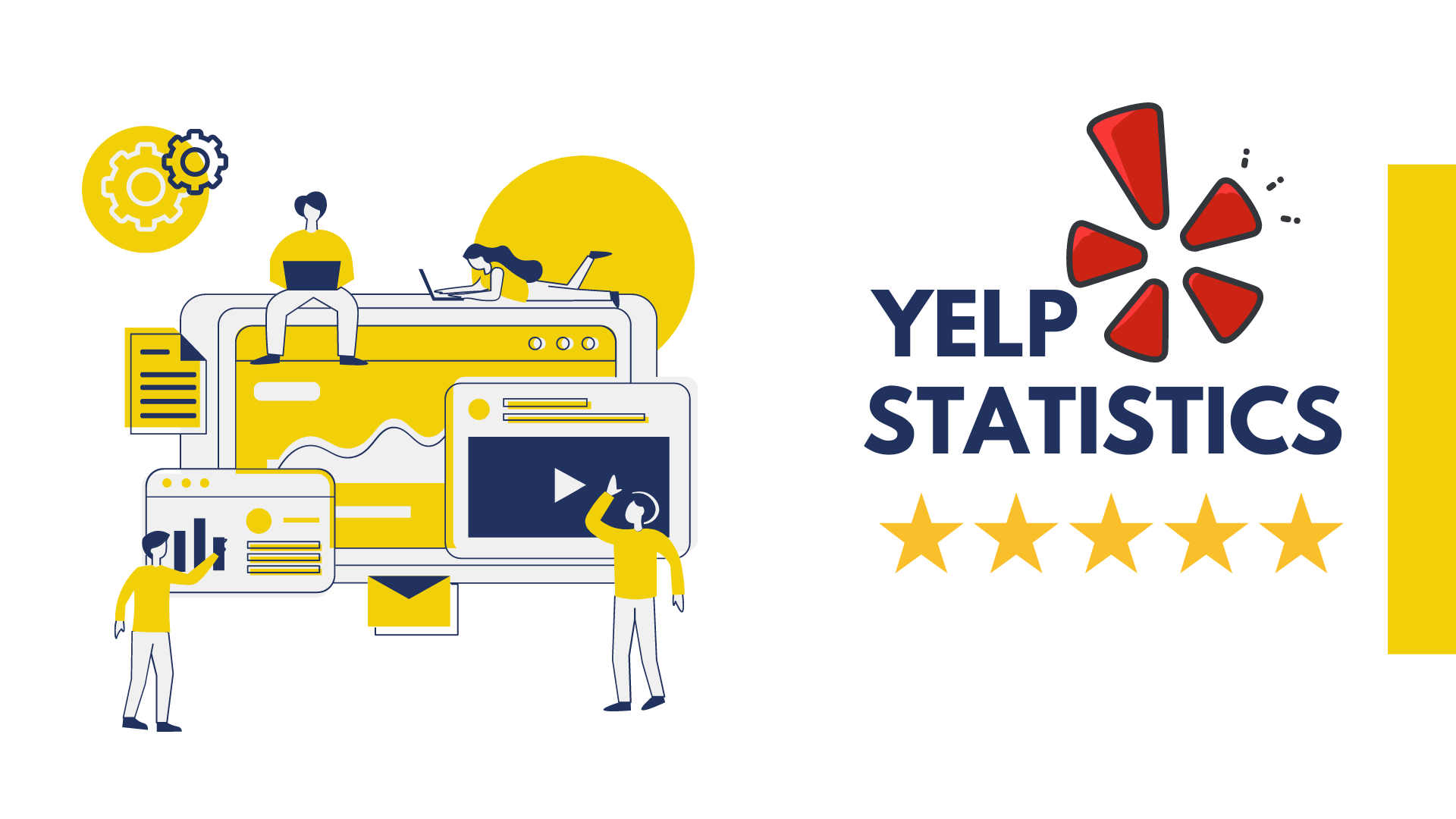SMBs Could Drive Software Market
Small and medium-sized businesses (SMB) could be a major force in the software market, according to Jupiter Media Metrix, which expects financial management, CRM and e-commerce applications to lead the way.
Jupiter estimates that the North America market for enterprise software applications and related services sold into SMBs will grow from $971 million in 2001 to $3.4 billion by 2006. According to Jupiter analysts, increasing availability of full-featured functionality — without the high-ticket pricing scheme that defines the large enterprise market — will drive growth, along with demand among SMBs for solutions that can scale as companies grow. (Jupiter defines midsize businesses as those that employ 100 to 500 employees.)
“Midsize companies are showing strong demand for enterprise software,” said Marc Harrison, Jupiter senior analyst and research director. “Although small companies will purchase software to simplify discrete business processes such as accounting, the bulk of the dollars to drive the market to the next level will come from midsize businesses, which are more likely to invest in CRM and other enterprise-grade software. Software vendors should take note that midsize businesses are looking for full-featured software packages that have some interconnectivity without a great deal of costly customization or integration.”
The most popular enterprise applications that are likely to be purchased include those that streamline accounting and financial management (26 percent of respondents), CRM (26 percent) and e-commerce storefronts (28 percent). SMBs will invest the most dollars in tools for e-commerce and Web presence (sites devoted to corporate marketing and product information, etc.) and CRM.
In an October 2001 Jupiter survey, 61 percent of small businesses with 11 to 50 employees have implemented, or intend to implement, accounting and financial management software within the next 12 months. Less than half (49 percent) of the SMBs surveyed will have built a Web presence in the next year. Jupiter analysts forecast that e-commerce/Web presence applications will grow to $1.1 billion by 2006 and account for more than one-third of the market — up from 14 percent in 2001.
Spending on CRM software by SMBs will reach $651 million and make up 19 percent of the market by 2006 — up from 10 percent in 2001. As the relationships between SMBs and their customers become more complex and as the number of customer touch points increase, Jupiter analysts expect that SMBs will increasingly look to software and services to help manage these relationships. Almost half (49 percent) of small businesses plan to implement CRM software in the next 12 months.
“Despite continued economic difficulties and dot-com fallout, Jupiter data indicate that SMBs still see the Internet, and their presence in it, as an essential element of their overall strategy. There is a sizable market opportunity, to the tune of 3.4 billion dollars by 2006, for vendors selling enterprise-grade applications to SMBs,” Harrison said.
While demand for CRM solutions is second only to accounting within smaller businesses, Jupiter analysts perceive a disconnect. Vendors today market broad CRM functionality, but smaller businesses are more interested in purchasing contact management, call-center automation software, e-mail management, sales force automation and other specific solutions that will evolve to integrate with one another.
The demand for CRM and e-commerce software may signal the beginning of a long-awaited shift in SMB Internet strategy. SMB's have been reluctant to conduct transactions online, even though most SMBs have Internet access and/or a Web presence. According to Dun & Bradstreet's Small Business Survey, two-thirds of all small businesses, and approximately 85 percent of small business computer owners, report having Internet access, and more than half of those now have a Web site. But only 27 percent of those with a Web site are currently selling on the Internet, and average less than three Web-based orders per month.
Cost was cited by SMBs as the most significant barrier when deciding to implement new enterprise software (65 percent), according to Jupiter. But interestingly, Jupiter analysts found that the lowest-cost vendor may not always be selected. The survey shows that scalability (17 percent) and knowledge transfer (17 percent) are as important as getting the best price when SMBs are considering a purchase.
SMBs aren't likely to turn to outsourcing in the near term, Jupiter found. Nearly half of all respondents indicated they are “very unlikely” to outsource any of the software/service categories in the study. Overall, executives in companies with 101 to 500 employees indicated they are more willing than executives in smaller companies to outsource.
Earlier in the year, Datamonitor expected CRM revenues accrued through the ASP channel to grow 128 percent to $431 million in 2005. Datamonitor's findings indicated that the ASP channel, worth a mere $7 million to CRM software vendors in North America in 2000, will be driven by the SMB market, which would use ASPs to adopt CRM solutions they previously could not afford.

Michael Singer is a career coach, podcast host, and author to help you step into a career you're excited about. Currently, He is a coach and trainer helping entrepreneurs and executives achieve business and leadership success. He is also an award-winning business journalist focused on the intersection of technology, Big Data, Cloud, SaaS, SAP, and other trending technology.



